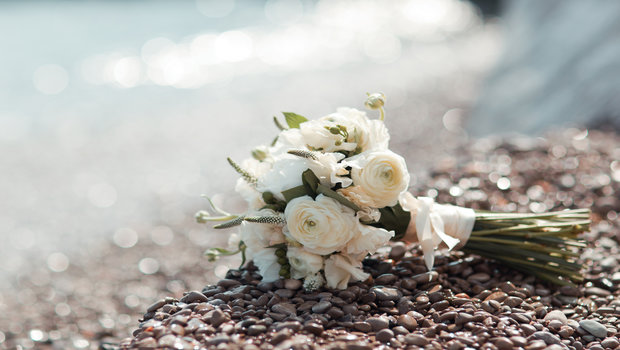New law reacts to unconventional funerals
CANADA – New legislation in Quebec aims to react to new unconventional attitudes to conducting funerals.
“The law that we follow now dates back to the early 1970s, when in Quebec most people were having a viewing, going to church and afterward being buried at the cemetery,” said Denis Desrochers, president of Quebec’s Corporation des thanatologues, which represents funeral directors.
Times have changed, and Quebecers’ abandonment of the Catholic Church following the Quiet Revolution of the 1960s has had a profound impact on how death is commemorated. “Funeral rituals are not the same,” Desrochers said. “They are way out there. I would not say a free-for-all, but it’s a diverse way of doing things….It’s more individual, not community related.”
Desrochers does not hide his unease with certain trends. He points to the so-called extreme embalming trend in places like Louisiana and Puerto Rico, where corpses have been displayed playing cards or sitting in front of a beer, as evidence of the danger of relaxing rules too much.
Nobody has been embalmed in Quebec holding a full house, but Desrochers and others fear that cremation — which is now the choice of roughly 70 per cent of Quebecers — leaves the door open for an undignified final send-off. He talks of ash-scatterings on golf courses that aggravate course owners, at sea that end with a traumatic blowback or in backyard gardens that could affect a home’s resale value.
Cremated ashes pose no health or environmental risk, but Desrochers identifies a different danger. “People tend to forget the emotion and what it represents,” he said. “It’s not what it is. It’s what it represents. It’s the memory of someone’s life, and you have to treat it with dignity and respect,” he said.
Quebec’s Bill 66 covers all aspects of the funeral business, from transportation and embalming of bodies to burial and cremation, but it is the section on ash scattering that has been most controversial.
The bill, which underwent study by committee and is expected to pass this session, states that “no one may scatter human ashes in a place where they may constitute a nuisance or in a manner that fails to respect the dignity of the deceased person.” But it does not define what constitutes a nuisance or an affront to the departed’s dignity.
Jocelyne Dallaire Légaré, president of the Alfred Dallaire Memoria funeral homes, said her company has been at the forefront of offering Quebecers funeral options that correspond to changing customs and wishes. For example, Memoria sells an ice urn, which allows a loved one’s ashes to be dispersed in a waterway as the ice encasing them melts. It also has a biodegradable cotton urn for burial and a botanical urn, in which ashes are mixed with soil in a container holding a sapling for planting.
These offerings have met with resistance from the industry and from religious officials. During hearings in November, the Assembly of Catholic Bishops of Quebec, argued against the scattering of ashes. Assembly spokesman Germain Tremblay lamented “inappropriate” and “disappointing” disposals of ashes and said a cemetery or a columbarium — a facility for storing urns — is the most appropriate site.
A bill before the National Assembly is seeking to modernize rules around funeral operations, adapting from an age of church services and cemetery burials to one of unconventional rites and scattered ashes. But debate over the proposed legislation has exposed divisions in the industry, with some warning of a free-for-all while others argue Quebec is being overly restrictive.


Leave a Comment
You must be logged in to post a comment.